Vol. 1
JOY, THE PARADOX
INTRO joy explained
POETRY HOPE IN SYRIA
SAW EH LAW LA MYANMAR RESILIENCE AN INVITATION partners.ngo
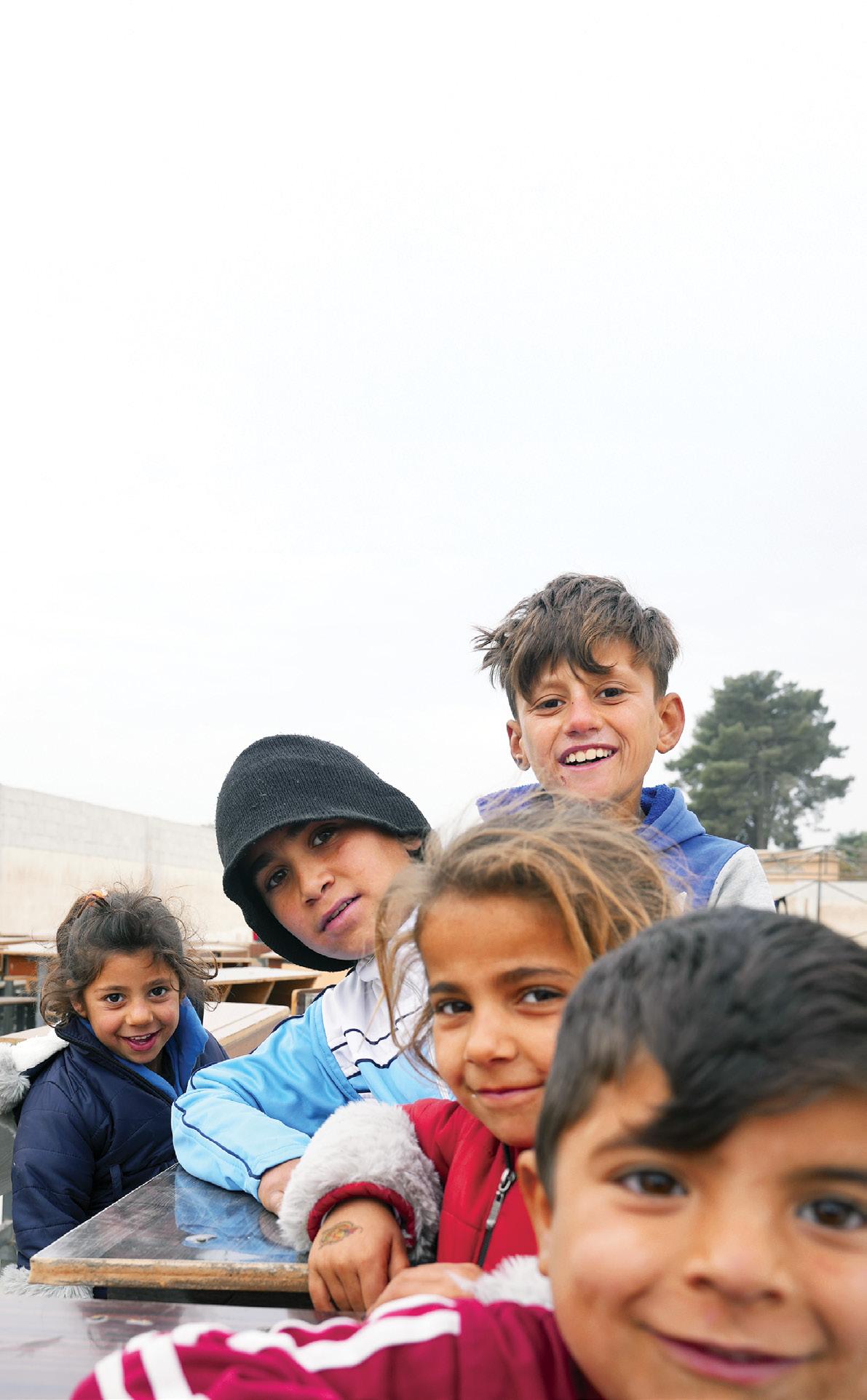

Vol. 1
JOY, THE PARADOX
INTRO joy explained
POETRY HOPE IN SYRIA
SAW EH LAW LA MYANMAR RESILIENCE AN INVITATION partners.ngo

Joy, the paradox; the idea that any good could be done in the middle of war feels absurd, but isn’t.
In this work we witness children and families who refuse to be defeated. Restoration of dignity in a setting that’s profoundly degrading. Hope that endures. Comfort that comes for children who face overwhelming needs. What we find at the end of the road can be so uncertain—and the suffering can feel endless— but make no mistake—joy travels with love that acts.
In this magazine, poems and eye-witness accounts will wrestle with the tragedy—and uncover the joy—of making the war zone our workplace.
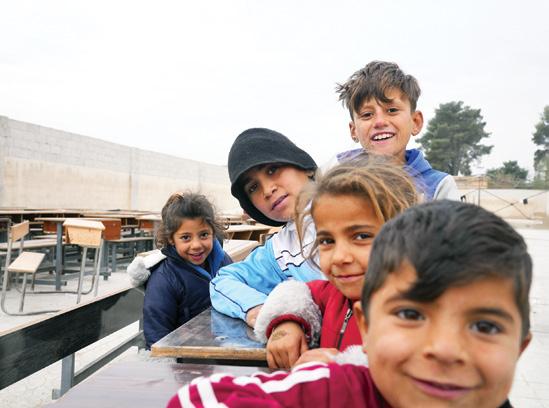
Cover: Children in Northeast Syria, December 2024
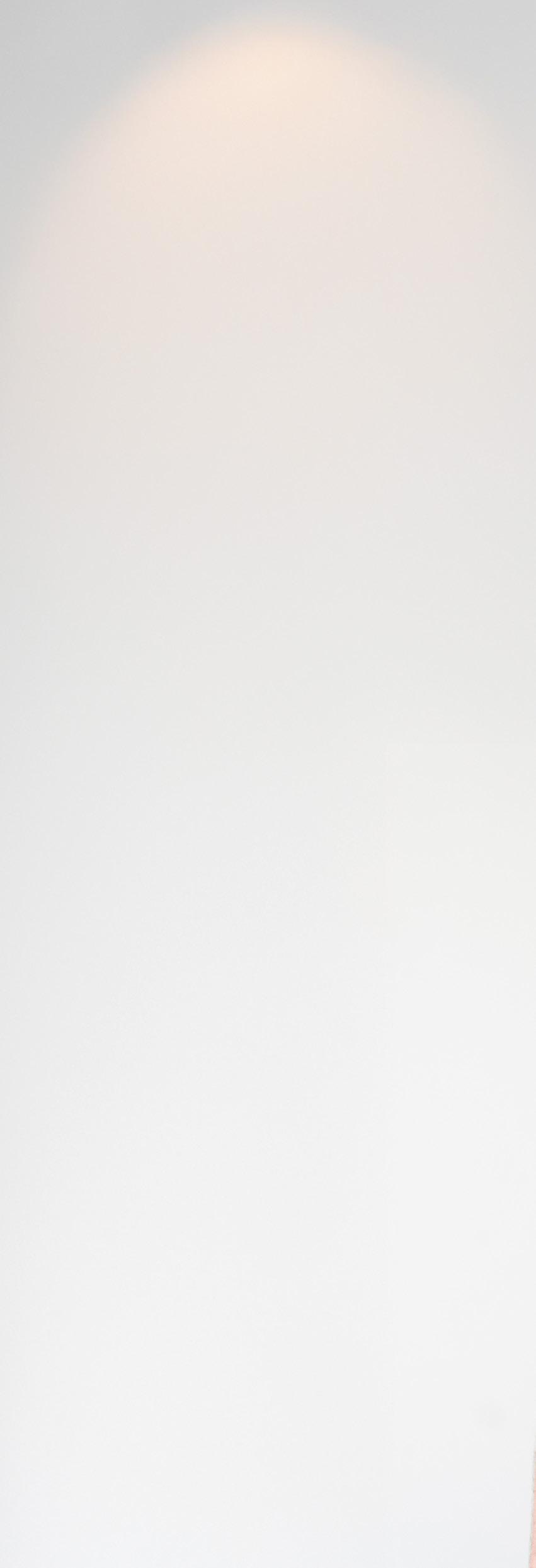
Soar
A Poem by Mohammed
There, where the war destroyed childhood dreams
Where the roses shattered
Where the fields burned
Where the thoughts were scattered
There in the land of oblivion
We plant the seeds again
Seeds of a new and bright hope
Watering them with our love
And giving them the warmth of our hearts
Children grow like seedlings
Their dreams grow with them
Like buds
Growing to become the tree of life
Lofty, strong in the face of storms
Embracing the sky
And touching the stars
In those classrooms
We build a new life from the past
We weave a new joy from the scattered ashes
Like a phoenix
To rise and soar and embrace the golden sunbeam
In those classrooms
We open the eternal gate of hope
To cross from the past to the future
With every word
With every class
With every day
We turn sadness into joy
We turn despair into a new hope
The ashes turn into a phoenix again
To fly and soar and extend upwards
Above the mountains
Above the white clouds
Mohammed works alongside the Phoenix Learning Center team in his role as Camp Administration Assistant. He grew up in Syria and studied Philosophy at Damascus University before seeking refuge in Iraq during the civil war. He is passionate about seeing kids, like Duhok, reach their full potential, and is one of the nicest people you’ll ever meet.
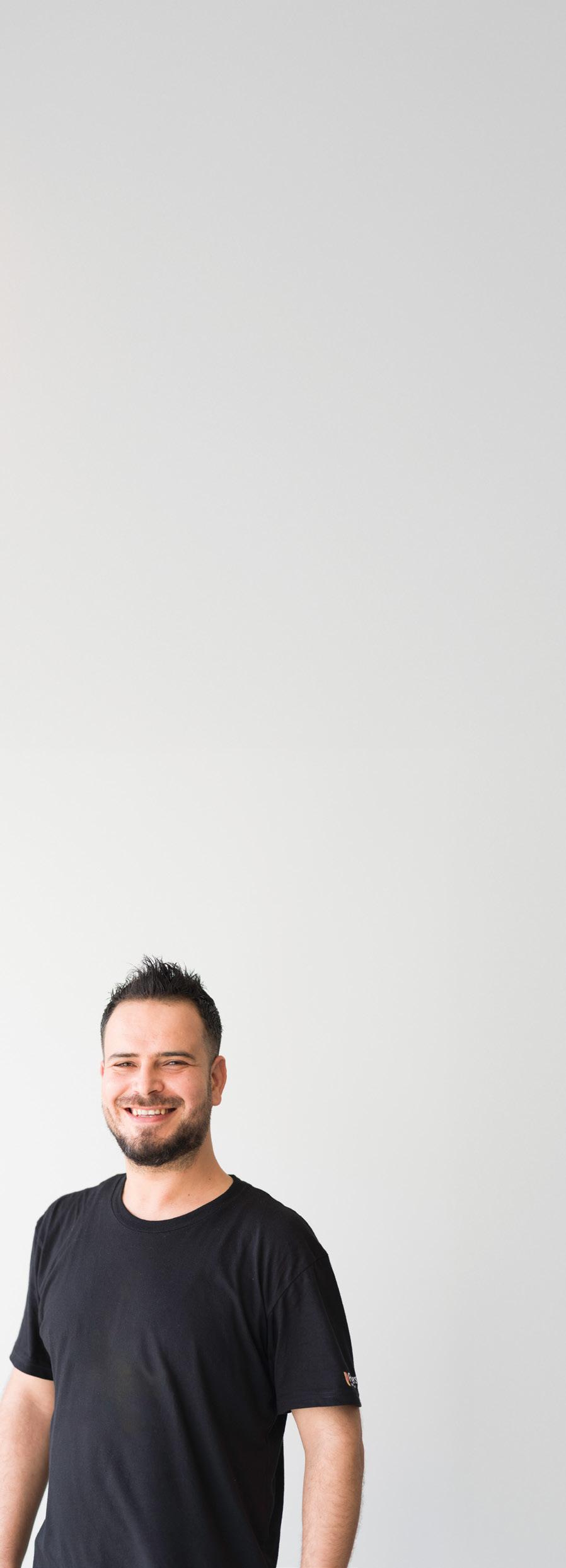
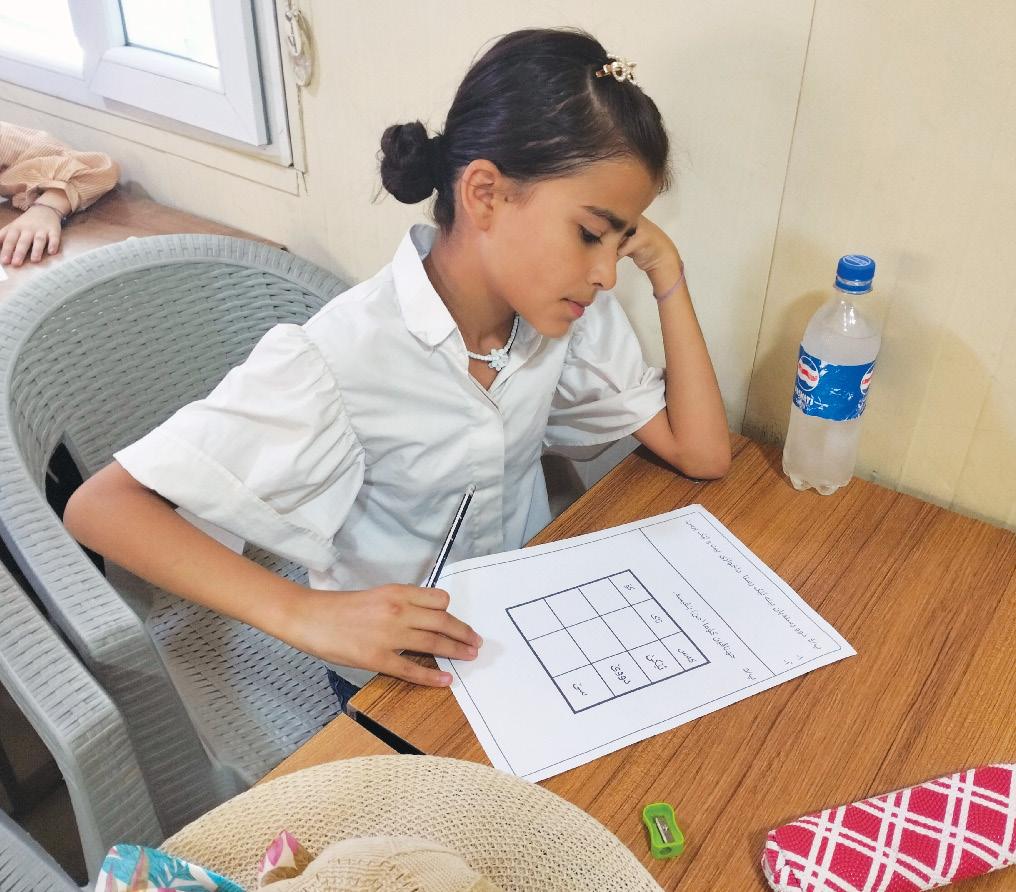
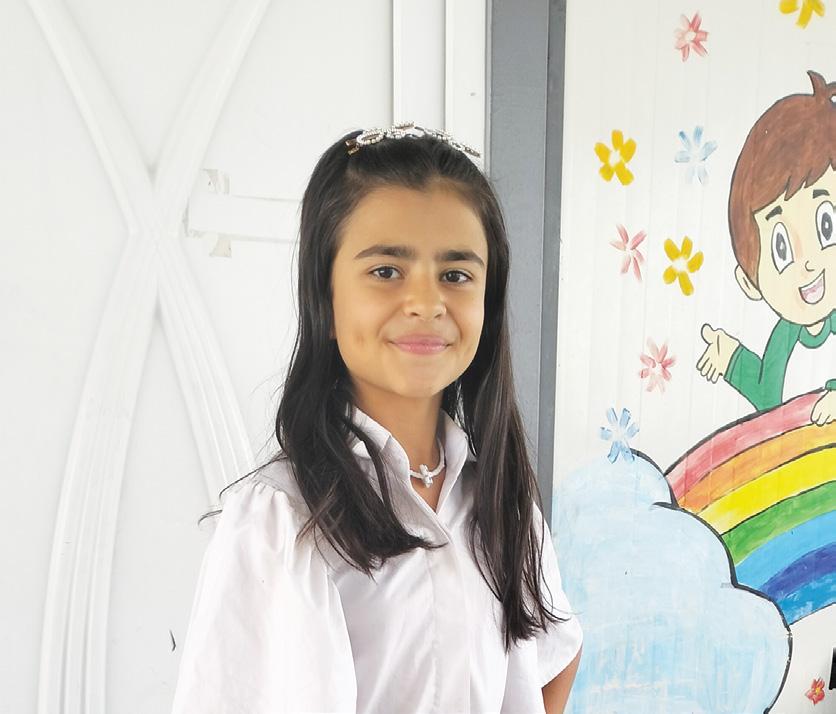
Partners’ Phoenix Learning Center - Domiz Camp, Kurdistan Region of Iraq
Duhok, a 12-year-old, had a hard time with Kurdish until she joined a beginner course at the Phoenix Learning Center. She improved and now dreams of becoming a doctor. She shared, “I wasn’t good at Kurdish before, but now I’ve learned so many new things, and I feel confident.”
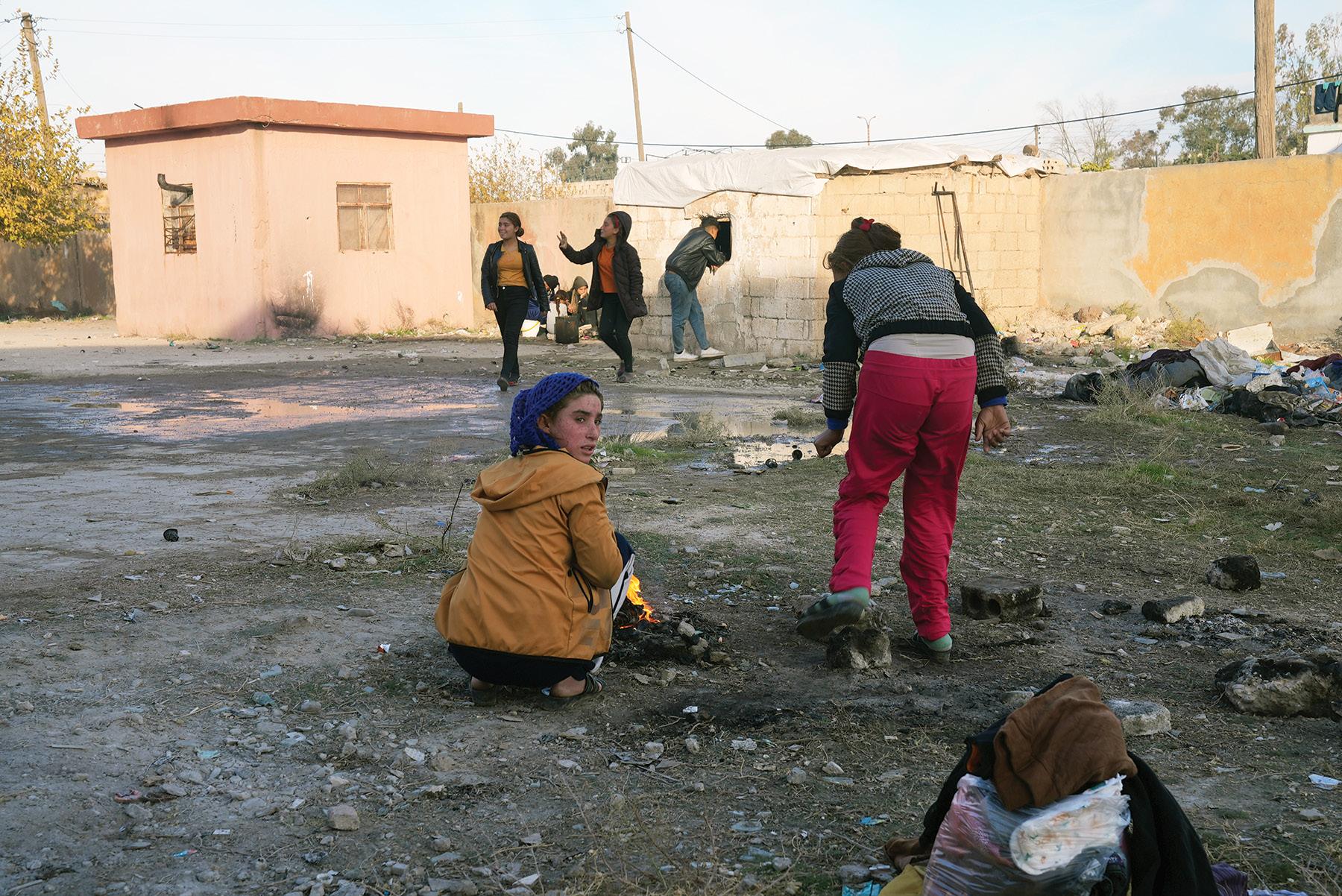
Ancient warmth filtered through petrol fumes and persistent war
Your touch, both soft and harsh
Bears witness to the lessons of this earth
Euangelion songs of hope for the future
Waking children to play in freshly painted schools
Above the tunnels of violence
Theirs is tomorrow
And you will see it
Hold them as you’ve held us
Until there is a time when sorrows cease
And your ancient warmth comforts heavens tears
“Despite these dire circumstances, children continue to be the unwavering torchbearers of hope.”
By Scott Brindle
Amidst the fall of the Assad regime in December 2024, a monumental moment in Syrian history was also marked by another historical moment in the Kurdish territory. Displacement in Northeast Syria is back at record breaking numbers. Many families, individuals and minorities have fled to the Kurdish territory of Syria.
But through the violence and persecution families have endured, one undeniable truth has emerged: the resilience of children displaced by war.
The Silent Suffering of Families. The number of Internally Displaced People (IDP) in Northeast Syria has reached an alarming scale, with thousands of families forced to leave their homes, primarily from Afrin. Many of these families sought refuge in Sahba, south of Aleppo, during the civil war that began in 2011. Now these
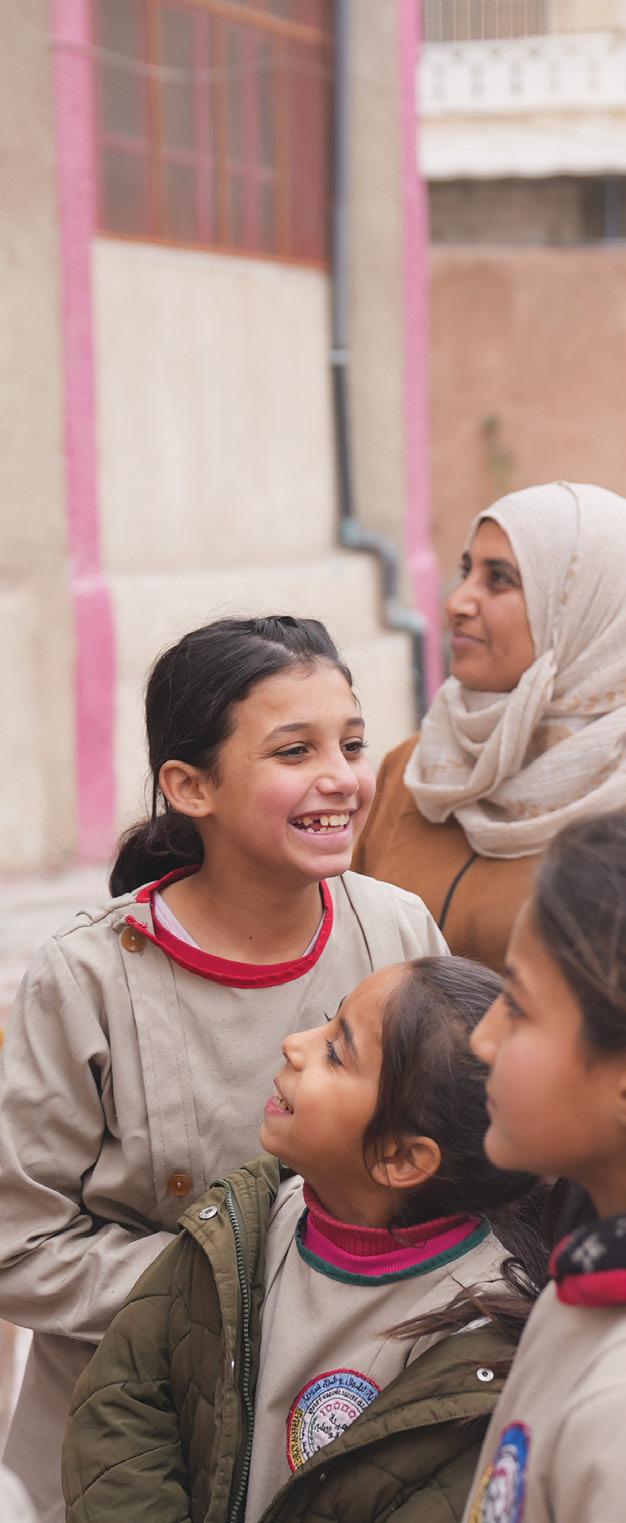
families have been displaced once again due to the ongoing conflict. Families are living in makeshift shelters, abandoned buildings, and repurposed schools. Resources are stretched thin, with little to no support from international humanitarian organizations. Families struggle to stay warm in overcrowded shelters.
As our relief team visited one of the shelters, the air was thick with the smell of burning plastic – a seemingly desperate line of defence against the freezing temperatures. Hygiene facilities are inadequate or non-existent.
While host communities have done their best to step in by cooking meals for the displaced, the thousands of people arriving mean more food support is needed than they alone can provide. Parents who have fought tirelessly for their children’s well-being are exhausted, left hoping that someone will stand alongside them to keep them safe, healthy and in school.
The Weight of Trauma No matter where it happens, war steals childhoods. Many children have witnessed atrocities beyond comprehension. In an abandoned regime military housing complex, where over 3,000 families are now taking refuge, a mother recounted to us how her two sons had been injured by mortar strikes when they were living in Sahba. Some watched as loved ones were executed, while others recall harrowing escapes through war-torn landscapes.
In Raqqa, a 14-year-old boy named Said told us his family was forced to flee Sahba with nothing but the clothes on their backs. “I don’t know
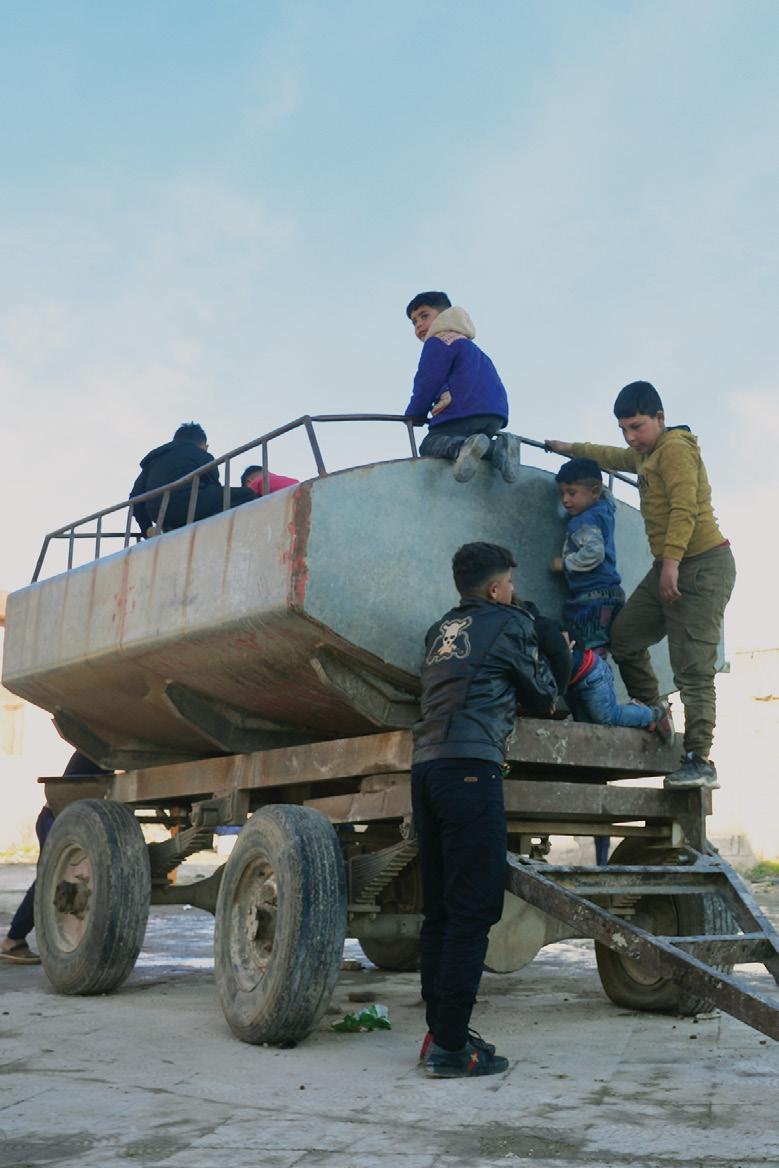
why we had to leave,” he said. “They just wanted our land.” His family endured freezing nights on the roadside during their journey to Raqqa, and though they had found shelter in a school that Partners had previously helped rebuild, they were struggling to stay warm. “It’s so cold,” Said whispered, his voice reflecting the hardship he had endured.
Despite these dire circumstances, children continue to be the unwavering torchbearers of hope. The schools that have been
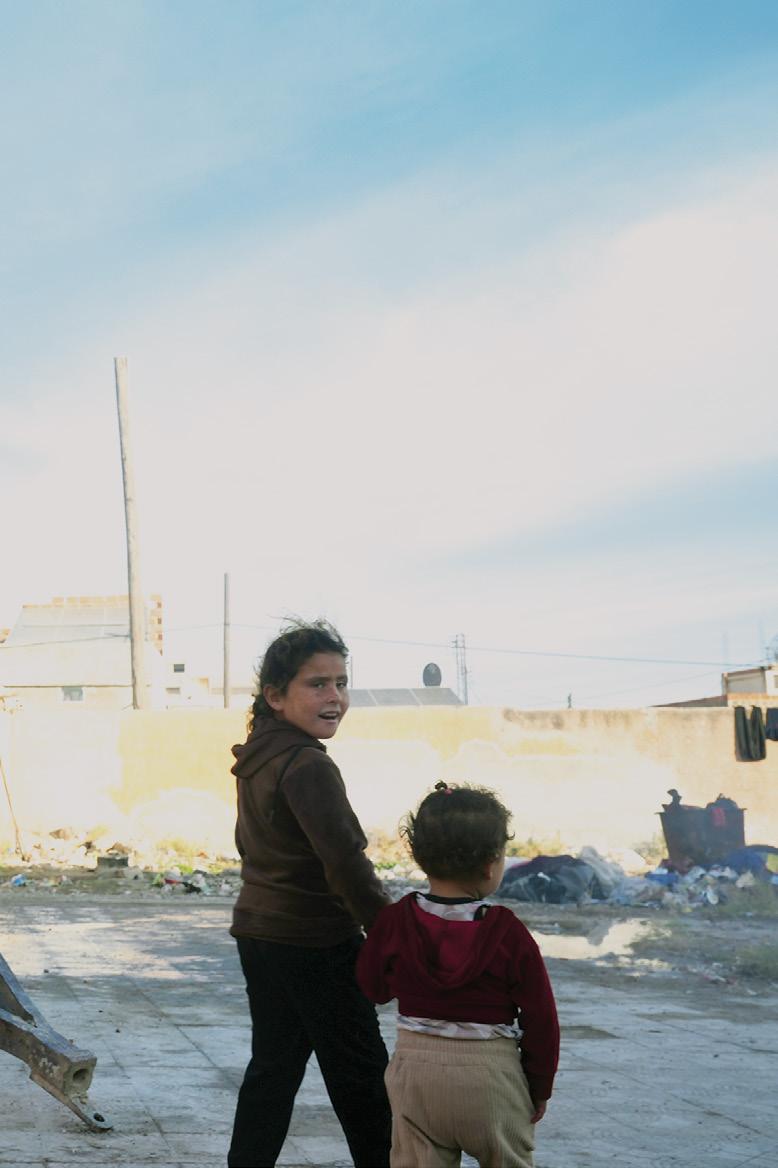
repurposed into shelters still echo with the sounds of young voices playing. In a repurposed school just outside of the city of Qamishli, where 96 families now reside, hanging on to hope, children climb atop water trucks to play, momentarily escaping the weight of displacement.
In Raqqa, groups of children chase each other around schoolyards, creating makeshift goals out of rocks and kicking a deflated football that they found when they moved into the premises. Their laughter, a stark contrast to the grief their parents carry.
Their spirits refuse to be broken, and they continue to find joy - even as they live in grave uncertainty.
Carrying the Torch While governments turn a blind eye and larger international organizations hesitate, children in Northeast Syria continue to remind the world of the urgency of their situation. They embody a future that is not yet lost, a group of people that refuse to be erased. Their perseverance faced with immense hardship is a testament to the resilience of the Syrian spirit.
Even in displacement, even in suffering, these children are the light that refuses to be extinguished.
Scott is from the UK and joined the Partners team in 2020. Based in the Middle East, he is passionate about sitting alongside children and families in war zones and sharing their stories through arresting video and photography.
“ My mother left me to go after a new husband. ” Words no child should ever have to speak.
We may never know what contributed to Saw Eh Law La’s mother’s decision to leave him - but whatever it was - Saw Eh Law La, at 4 months old, was left all alone.
Hearing the cries of an infant in distress, a neighbor discovered Saw Eh Law La and got in contact with his father who had left the camp to find work to support the family. He returned to care for his boy. “He cared for me well; he went to the boarding home close to our house and asked for help to buy milk for me, and the caregivers at the boarding home always helped”.
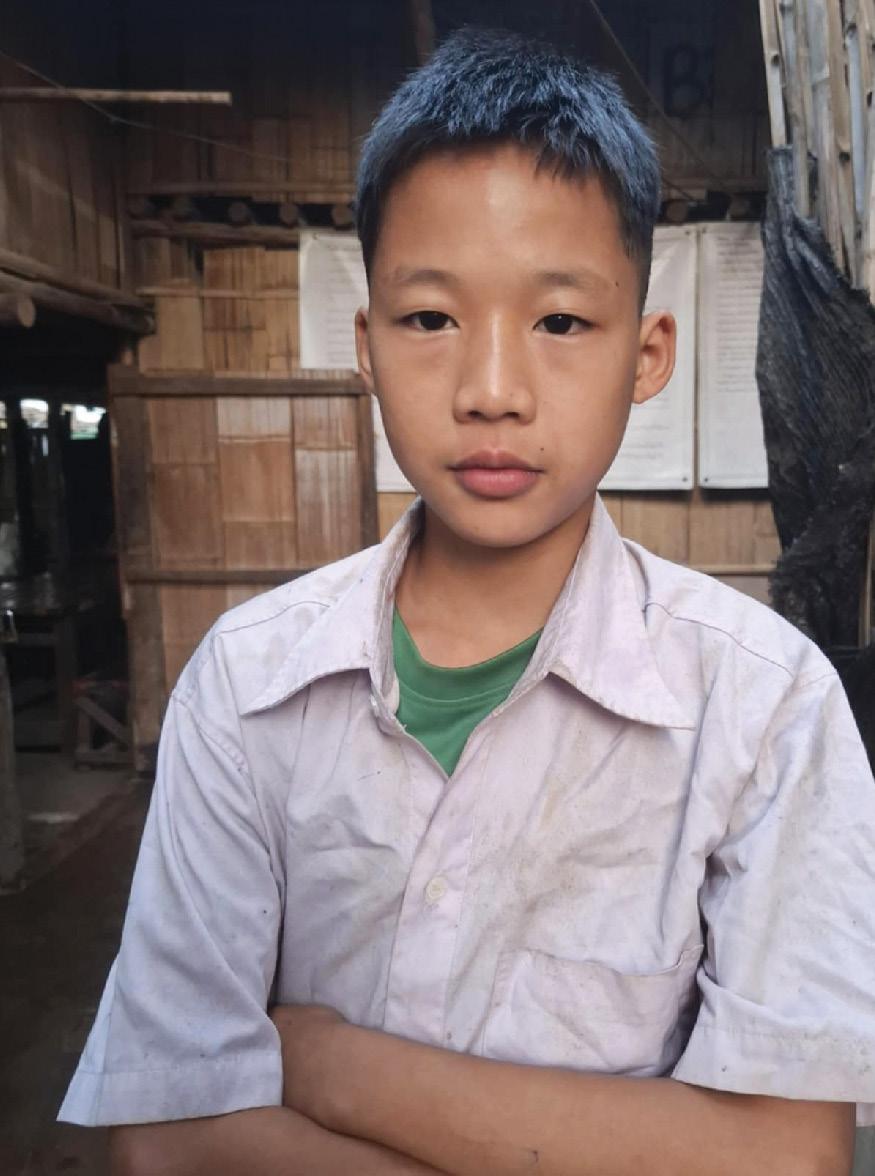
Tragedy did not end there. In 2022, Saw Eh Law La’s father became unwell and passed away, leaving Saw Eh Law La with no parent left to love, care and advocate for him.
“I was really sad because I had nothing but my aunt, and she didn’t want to take care of me because she also had many kids.”
With no place to call home, he was sent to the Partners-supported Ko Thu Lu boarding home on the Thai-Myanmar border, where children who have been orphaned or need a safe place to study away from the war zone can find safety and care. What seemed like the darkest night began to break into something brighter.
“I am really happy and feel safe in this children’s home; we treat each other like a family, and we have so much fun.”
The result of your love in action is that youth like Saw Eh Law La will experience a different life, one with hope, with joy, and supported by a local ‘family’. Saw Eh Law La is working really hard at his English, and wants to teach. He told us that he hopes to share his knowledge and skills with other kids in the orphanage so that they can have courage.
Children like Saw Eh Law La are our why. Our answer will always be to go where children are suffering and love them with action.
“I want to thank Partners and donors for their support, unfailing love and care. I wish all of you the best wishes and pray for you that God will bless you and give you strength.”
Your support helps give children like Saw Eh Law La the ability to stay at the boarding home, stay in school; and equips them with hygiene packs, food, school materials, clothes, and things they need to thrive.
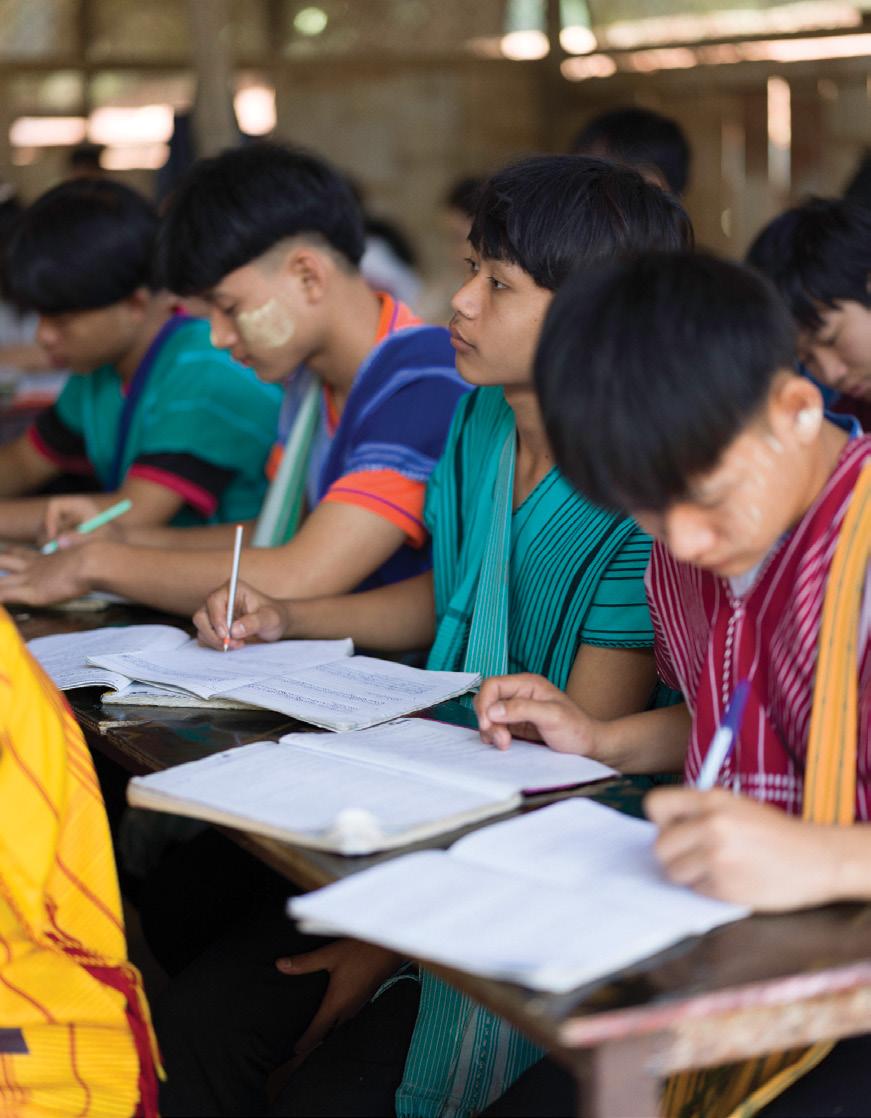
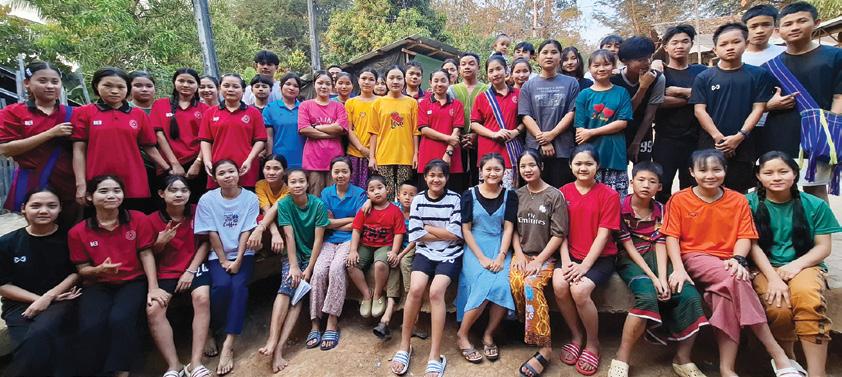
Photos: children and youth living in Partners-supported Ko Thu Lu boarding home and at school in Mae La Refugee Camp.

Under constant attack, parents work together and continue to create temporary learning spaces because they believe that education is their children’s best hope for a brighter future. April 2024.
Since the coup d’état on February 1st, 2021, families from Myanmar, including those from Karen State, have been living under the constant threat of violence, food shortages, and limited access to healthcare. Many people in Karen State left their villages; some villages are completely abandoned.
Recently, I heard a story from one of my students who recently went back home to Mutraw District. He told me that in a remote village in the region, a child fell seriously ill with malaria, and his mother fought desperately to save him. At the same time, many villagers were fleeing due to conflict near the village.
With no hospital nearby, neighbors stepped in to help the child, relying on their instincts and the survival knowledge they had gained from living in a conflict zone.
They discreetly boiled Nar Paw Kyaw bark into juice (a type of tree or plant similar to the quinine plant). They gave it to the child to drink along with neem leaves, and honey with ginger to help reduce nausea and chills. The child had little hope of survival, but slowly he recovered through the use of these traditional herbal remedies. When I was a child, my parents asked me and my siblings to drink
Nar Paw Kyaw juice when we had malaria. It is very bitter, like a quinine tablet.
The actions of the people were not driven by duty, but by the unbreakable bond of community which proves that in hardship, no one stands alone.
Even in the harsh conditions of war, communities establish resilient solutions. They find strength in unity. They are determined to protect their children and secure their futures. Even when families have little, they offer what they can. Elders preserve their culture and traditions, passing them down to children to nurture a sense of identity and belonging. Joy still finds a place. Resilience extends beyond survival; it becomes an expression of hope, and the enduring strength of the human spirit.
When your monetary love is poured through the hearts and actions of the Partners Relief & Development team; we work alongside these brave and resilient communities, not only providing emergency aid such as food, medicine, and school supplies, but also helping them rebuild their lives through sustainable projects like farming programs and home restoration.
Families can regain their independence, children can return to classrooms, and communities can secure their food supply, even in a time of crisis.
Polly is deeply passionate about seeing kids thrive, she is based in our Mae Sot office in Thailand and oversees Partners Karen Education programs. Her warm and gentle presence is felt by all.
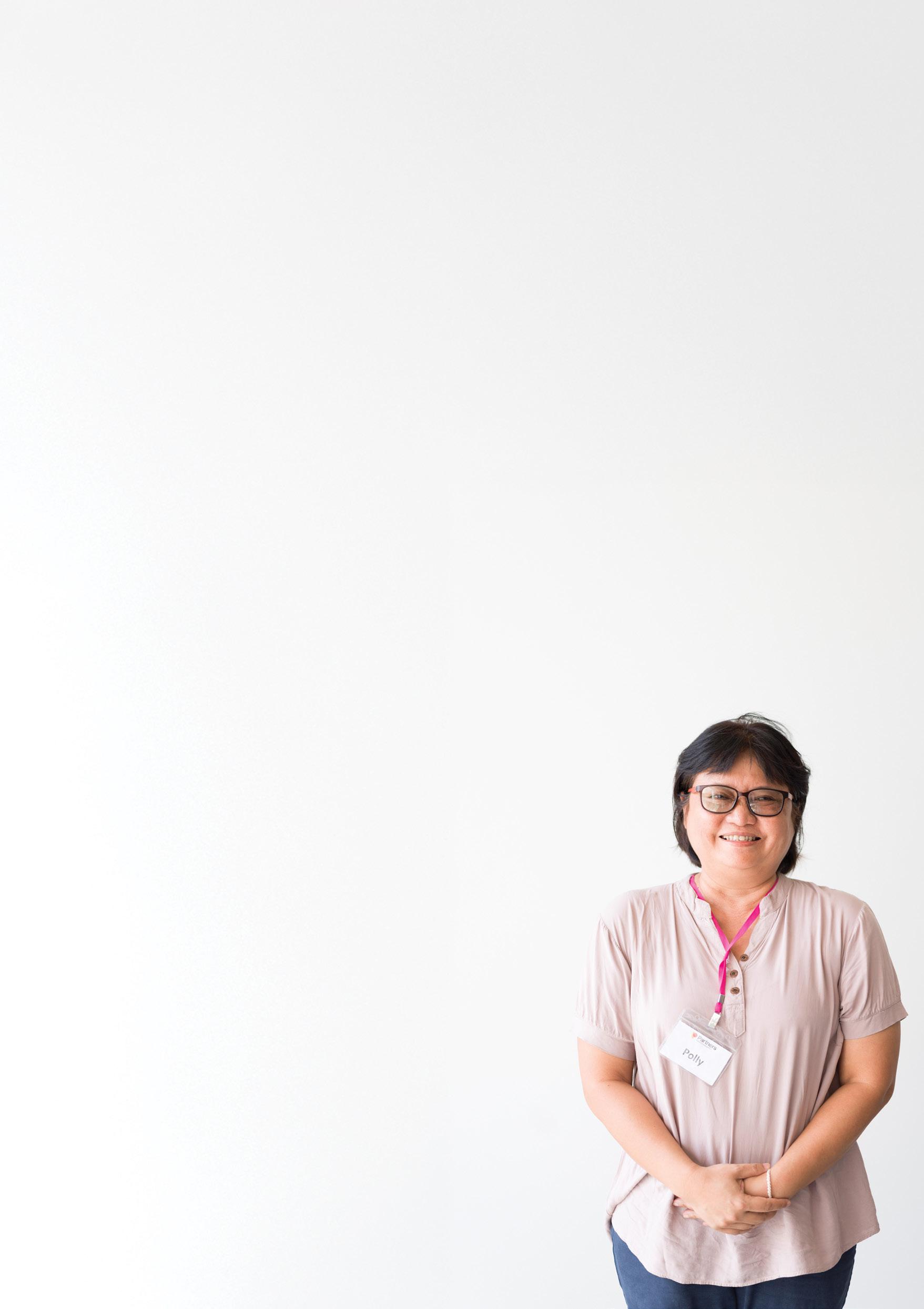
There is a joy when no one stands alone.
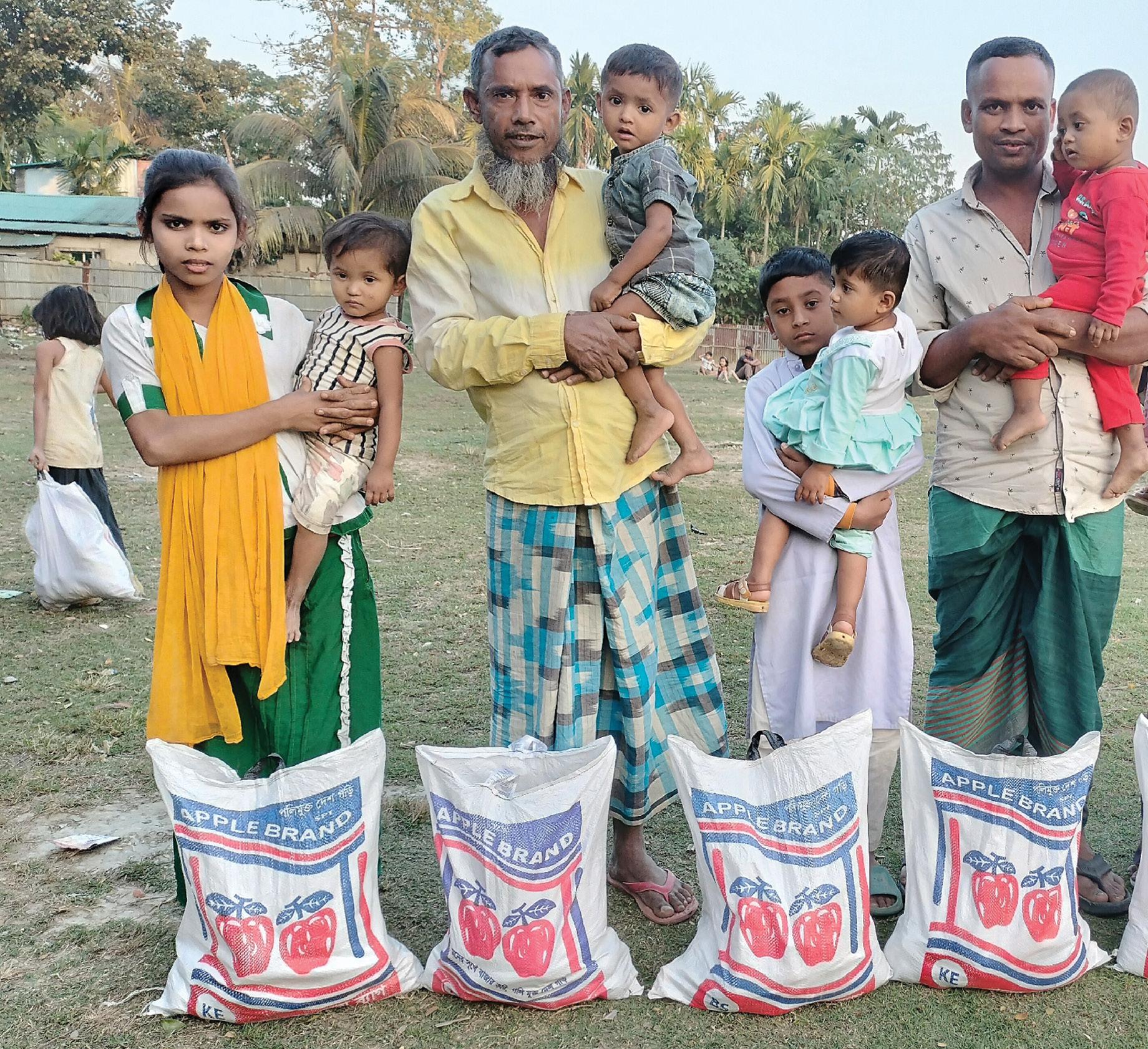
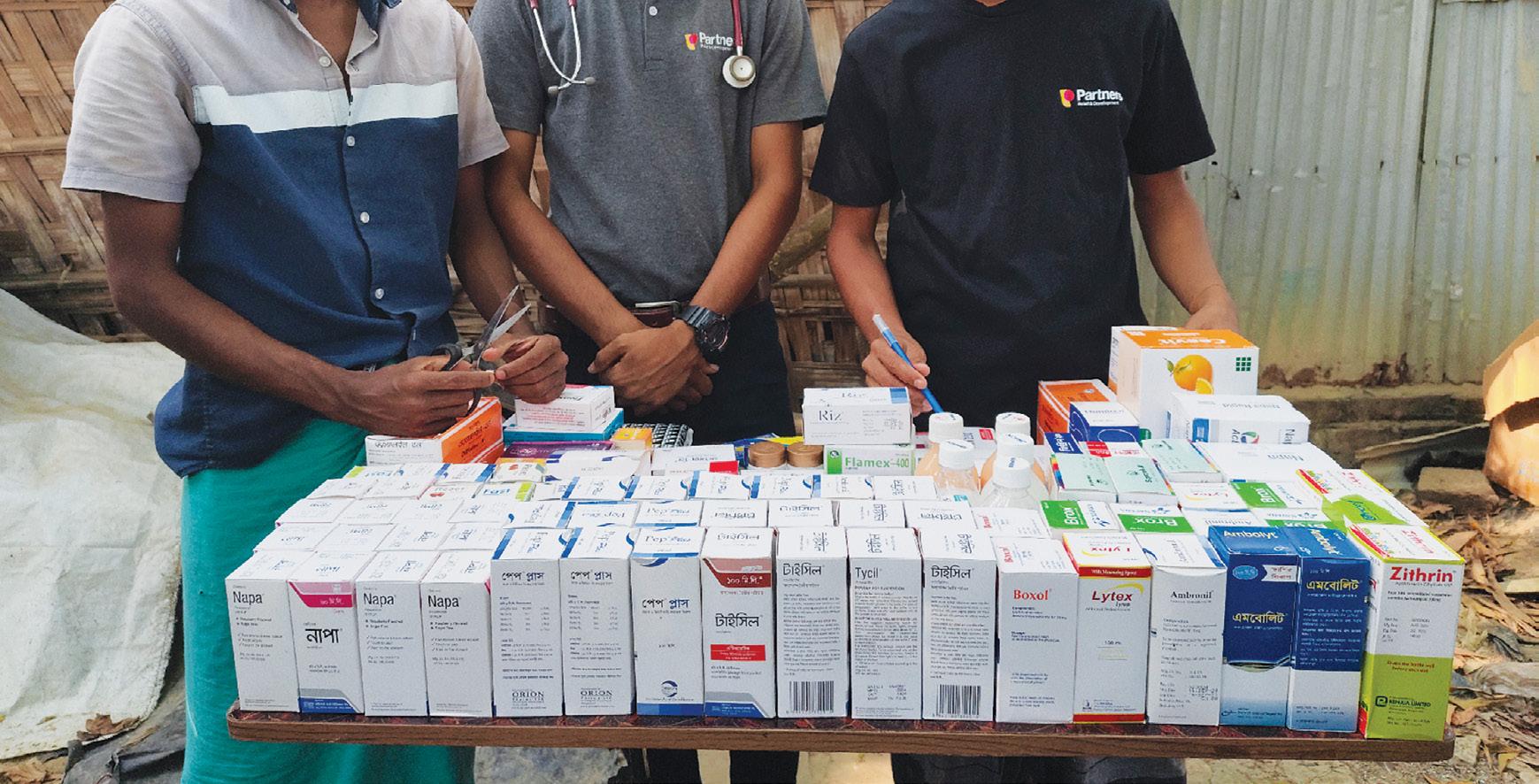
A Poem by Hlaing
Nothing remained but ashes and smoke. Bodies lay on the roads, people ran for their lives. Even the rain betrayed; it poured over the ashes.
A long line of people, small backpacks in tow, started their journey to the west to save lives. Not knowing where, walking in fear. Lost and uncertain in the rain.
White tents stood in the open fields, a shelter for those who had lost all. Children played in the mud, unaware their future was stolen.
No food, no medicine, no care—disease spread.
Partners arrived, bringing hope, proving that humanity knows no borders, no race, no faith.
With love, offered food, medicine, and care; filling the air with hope where none remained.
They provided not just aid— but hope itself. When no one else was there, Partners was there for the Rohingya.
Thirteen years have passed, yet they remain.
Hlaing, a Rohingya from Rakhine State, has been part of the Partners team since 2021, serving as the Rohingya Projects Manager. Deeply connected to her community, she is dedicated to supporting those in need and ensuring their voices are heard. Her commitment to humanitarian work continues to strengthen Partners’ impact, ensuring timely and effective support in times of crisis.
Photos: Families receiving infant nutrition packs (top) and medicine (bottomfaces hidden for their protection) at a monthly distribution. November 2024. Near Cox’s Bazar, Bangladesh.
Children shouldn’t suffer while the adults are fighting.
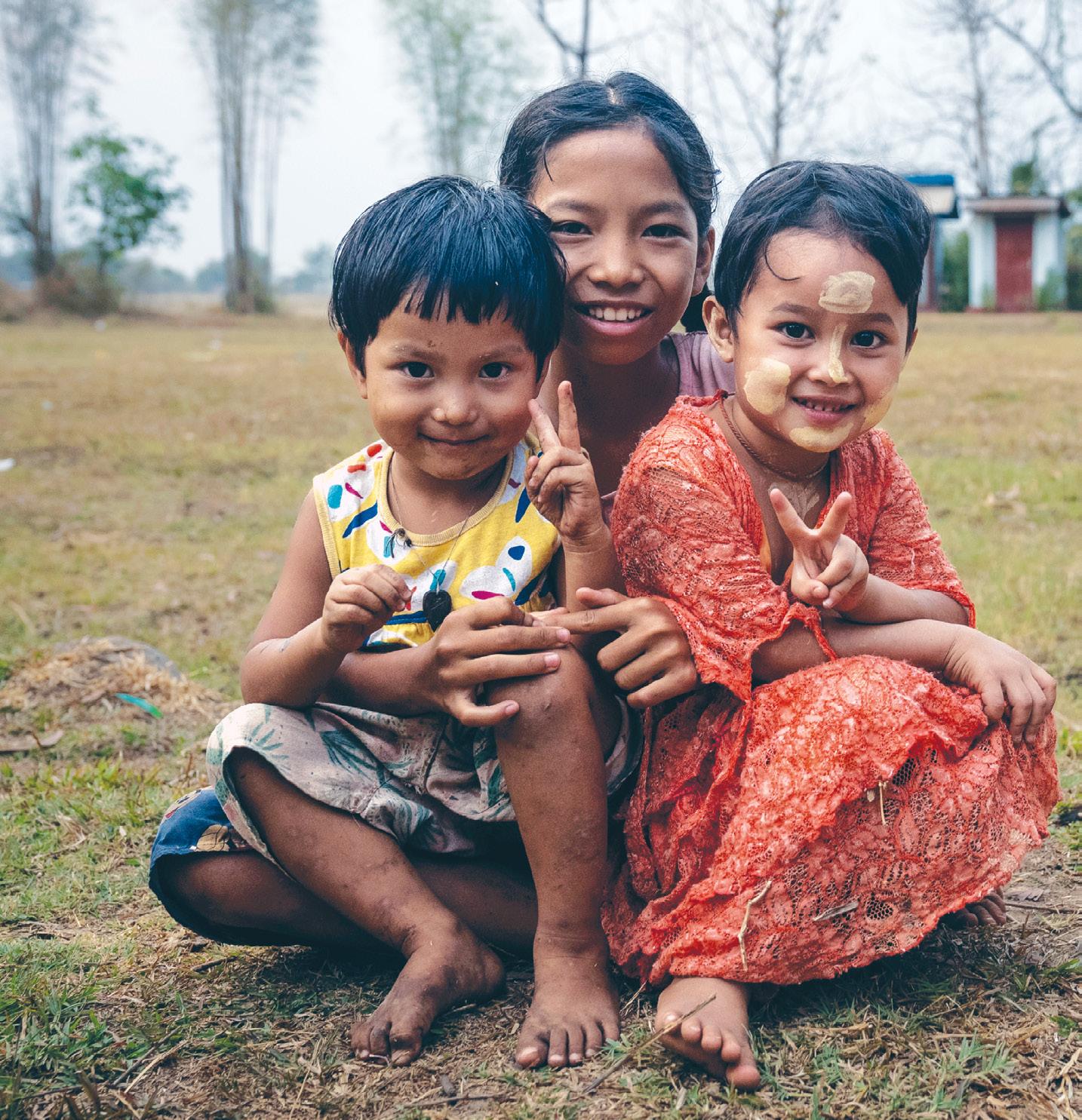
Go where few others can or are willing to.
Since 1994, this community you’re a part of has been putting love into action every day in war zones. But none of it can happen without you.
Use the enclosed response slip to make a donation that will help children growing up in conflict zones reach their full potential, or give immediately and securely on our website at give.partners.ngo.
Sustain projects that are co-led and co-implemented alongside communities affected by war by subscribing to our monthly giving community on our website at neighbor.partners.ngo
When our community grows, so does our impact. When you’re finished reading this magazine, please pass this onto someone you know who is like-minded and with a heart to put love into action.
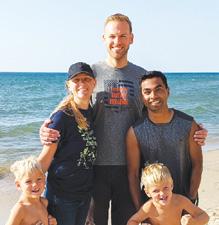
“Why do we give to Partners? It is written right in your tag. To Love is to Act! The apostle John puts it this way in 1 John 3:18: ‘...let us not love in word or talk but in deed and in truth.’ That’s what we try to live by.”
~ James, long-time supporter.
When you give, we go. When you donate, we deliver. Thank you for joining with thousands of other like-minded people who believe kids shouldn’t suffer because the adults are fighting.
Canada
33130 Springbank Road
Calgary, Alberta
T3Z 2L9
Phone: +1 403 538 2870
info@ca.partners.ngo
www.partners.ngo/ca
New Zealand
35 Murray Street, Bell Block
New Plymouth 4312
+64 6 281 1399
info@nz.partners.ngo
www.partners.ngo/nz
United States PO Box 1992
Grand Rapids, MI 49501
Phone: +1 909 748 5810
info@partners.ngo
www.partners.ngo
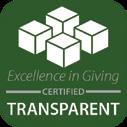
Partners Relief & Development (Partners) is a nonprofit organization with a 501(c)(3) federal tax exempt status. Any contributions given to Partners are tax deductible for U.S. taxpayers. In the event of a particular project being fully funded, Partners Relief & Development will redirect your donation to other needs in a similar community project, or to an equally worthwhile project. Partners Relief & Development is also a registered charity in Canada, New Zealand and Thailand.